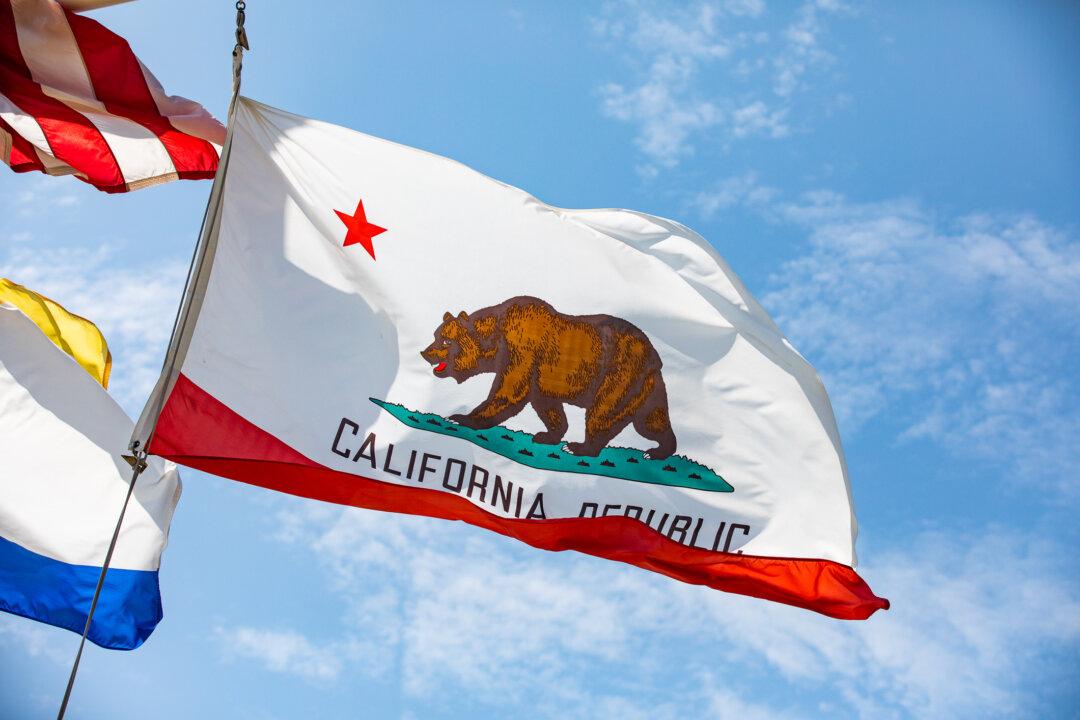Commentary
A new study of the 50 states by the Cato Institute affirms what I’ve been writing in my columns here in The Epoch Times: California is over-taxed and over-regulated. Released Oct. 12, the “Fiscal Policy Report Card on America’s Governors 2022” gives Gov. Gavin Newsom and California an “F” grade for fiscal and regulatory policies.





